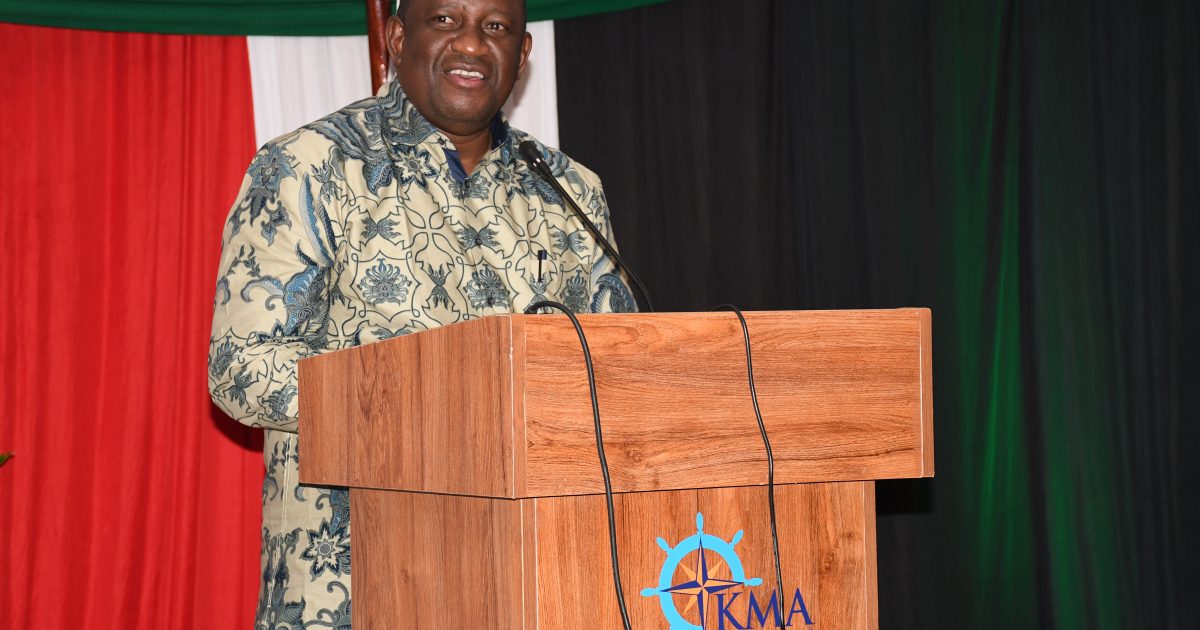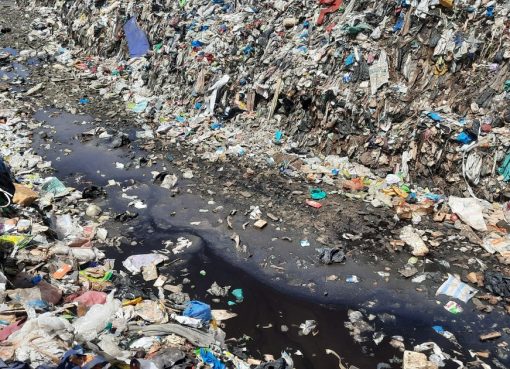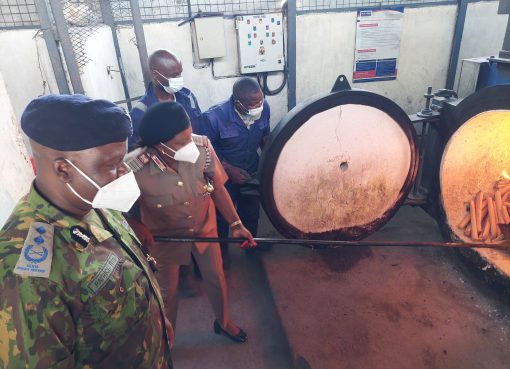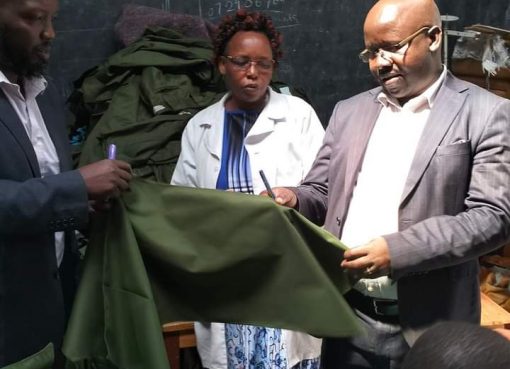Blue Economy and Maritime Affairs Cabinet Secretary (CS) Salim Mvurya has urged stakeholders in the Maritime industry to hasten the automation of services to facilitate growth of the industry.
Digitalization, he said, will raise the competitiveness of the sector and enhance operational efficiency, which is key to continental integration.
Mvurya said that in order to achieve the success of digitalization, there is a need to build the human capital that will adapt and take advantage of the immense opportunities in the sector.
The CS also said that the Government is working to revamp and operationalize the Kenya National Shipping Line to enable the institution exclusively handle the state’s exports and imports.
Speaking during the official opening of the 6th Annual Conference of the Association of African Maritime Affairs (AAMA) and General Assembly, Mvurya applauded the close cooperation and solidarity between the International Maritime Organization (IMO) and the African Maritime Administrations (AMA) as they seek to address current and emerging challenges facing the maritime sector.
The conference themed, Maritime Administrations as pillars for economic development, is being held in Mombasa again, ten years after the inaugural meeting that birthed the association.
“The theme of the conference is quite appropriate and befitting our current aspirations in the Maritime sector, where the regulatory and oversight role the Maritime Administration play in safety, security, environmental sustainability and efficiency of maritime transport services is essential for sustaining not only the global trade, but harnessing the Blue Economy opportunities for development,” Mvurya said.
This year’s Conference brought together more than 50 African Countries and aims at exploring the implications of an efficiently regulated Maritime Industry on global trade, commerce and economic progress.
“By supporting world trade and facilitating the global economy, Maritime Industry touches each of the seventeen Sustainable Development Goals (SDG) especially the realization of SDG 14, a dedicated goal to conserve and sustainably use oceans, seas and marine resources,” Mvurya said.
The CS noted that it is also vital to discuss how Africa’s domain can be secured from both internal and external threats including piracy, smuggling, armed robbery at sea, illegal; unregulated and unreported fishing and other transnational crimes.
He added that with the right support from the navies it is possible to secure the vast waters for sustainable development.
Mvurya applauded IMO for its promotion of safe, secure and sustainable management of international shipping.
He expressed his delight at the African Union leadership for recognizing the need for Africa to have a common agenda on maritime affairs as eloquently captured in the Africa Maritime Strategy 2050.
“The strategy provides an excellent guide on how African economies can be integrated to promote peace, security and stability which further promotes sustainable development of economic, social and cultural aspects of the Maritime and Blue Economy Sector,” Mvurya explained.
He also advocated the candidature of Nancy Karigithu, an illustrious Maritime expert for the post of Secretary General of the International Maritime Organization.
Blue Economy and Maritime Affairs Principal Secretary (PS) Shadrack Mwadime said that the Maritime sector facilitates great business for the country.
“Blue Economy is a sector that as a country we are really putting a lot of effort on, especially to create employment for the youth because they are the group of people who have been adversely affected on matters of employment in our country,” Mwadime said.
He also applauded what the CS had said on youth employment, noting that the youth are very innovative with the right skill sets and appropriate education to provide the solutions that are required to move the continent to new levels of prosperity.
The Chairman, Kenya Maritime Affairs, Hamisi Mwaguya, said that effective maritime transportation is crucial for economic prosperity.
“Our continent, rich in its coastline and vast maritime resources, is a testament to the untapped potential of maritime trade and the maritime sector is pivotal to economic growth, as leaders and administrators, we are at the helm of steering this vessel of opportunity,” Mwaguya said.
He added that in order to harness the opportunity for the nations to strengthen economic ties, reduce trade barriers, and foster collaborative growth there should be assurance that maritime administrations are efficient, competent, and visible.
“We must invest in maritime infrastructure, maritime technology and most importantly, we must invest in our people in order to enhance the capacity of maritime services across Africa,” Mwaguya concluded.
By Fatma Said





